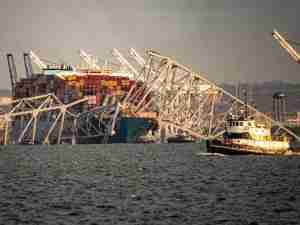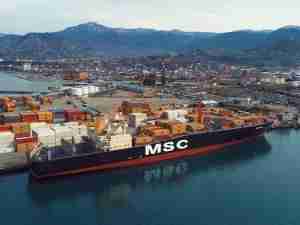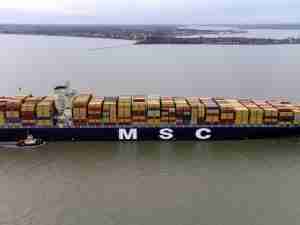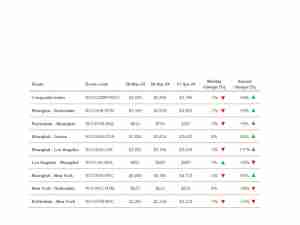Member lines in the Westbound Transpacific Stabilization Agreement (WTSA) have announced a series of adjustments to surcharges as currently collected, effective April 1, 2008, across all dry commodity categories. At that time WTSA carriers say they intend to collect an additional US$300 per 40-foot container (feu) in bunker surcharges ' toward WTSA's full, published bunker surcharge level ' for agricultural products, chemicals, clay, forest products, hay, metal scrap, plastic scrap and freight-all-kinds (FAK) mixed container shipments. A US$200 per feu adjustment will be applied to collected surcharge levels for wastepaper shipments, also effective April 1. Proportionate adjustments will be applied to shipments involving other equipment sizes, and to cargo not rated on a per-container basis.
WTSA stressed that the scheduled adjustments still do not achieve full recovery of fuel cost impacts reflected in the Agreement's published surcharge, which is set according to an established formula and adjusted monthly as world bunker fuel prices fluctuate. The formula has been in place, in its current form, since 2002 and is not intended to recover carriers' entire fuel costs but rather to address price volatility that can add significantly to transpacific operating costs. Fuel today accounts for half or more of total fixed operating cost per transpacific sailing. World bunker fuel prices have more than doubled since 2005, and increased by 65% during 2007 alone.
Fuel surcharges are higher in other major trade lanes, such as Asia-Europe or intra-Asia, yet have been fully collected in most instances. In the more competitive, price-sensitive transpacific freight market, surcharges have frequently been eroded or not taken into consideration in the course of overall freight negotiations. In many of the westbound commodity categories listed above, freight rates are not much higher than the total pro rated fuel cost of moving an empty container from the US to Asia aboard ship. For this reason, lines argue that it is imperative to recover the full level of surcharge and that surcharges be broken out from freight rates and allowed to float with world prices.








